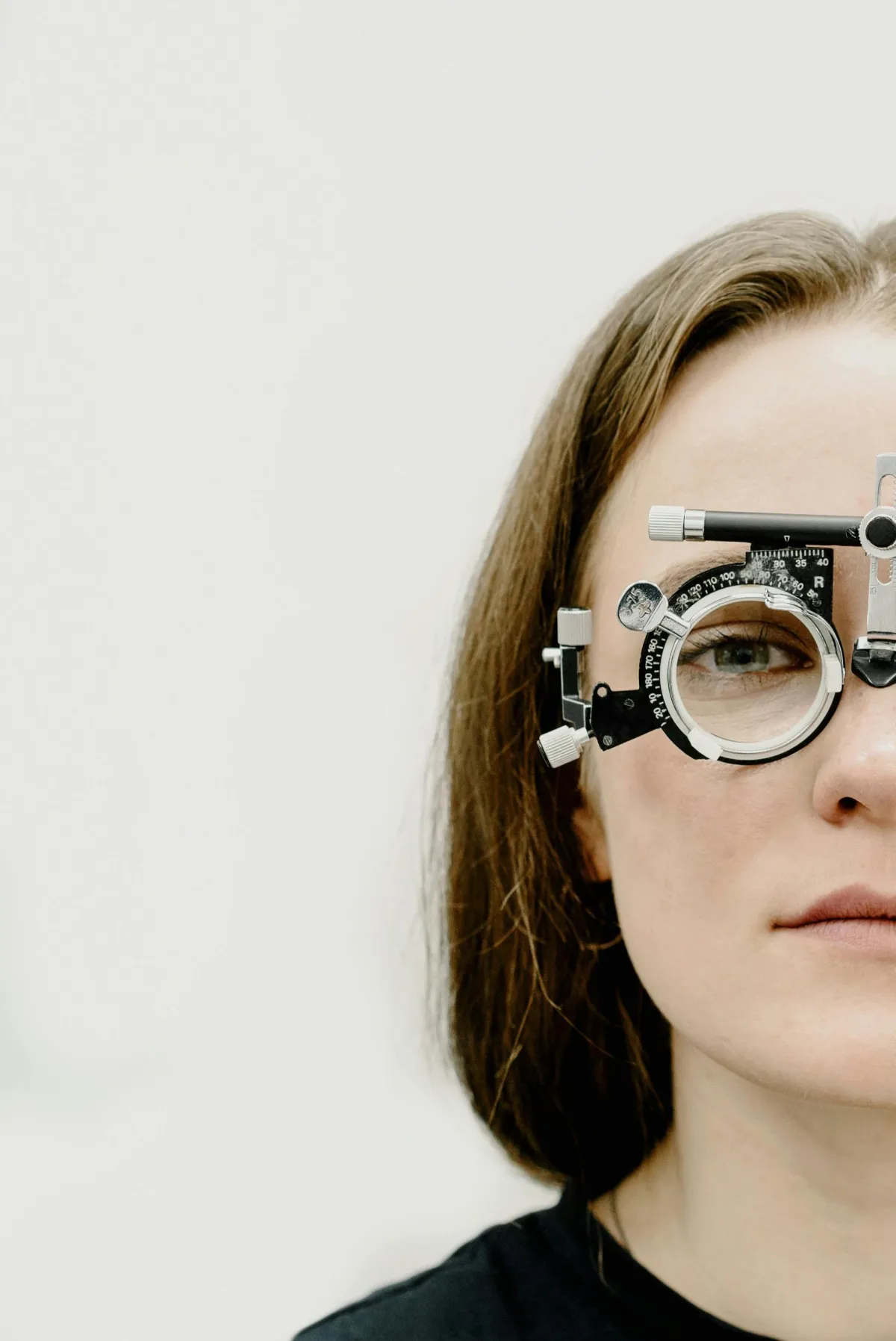
Blog
Health with Gwen
From Recipes to Tips and Everyday Life
Gwen shares them all!

Foods that help Protect & Improve your Eyesight
What to eat to support your eyesight?
The most common cause of blindness among the elderly is macular degeneration followed by cataracts. Free radical damage is the common attributor and changing your diet to an antioxidant-rich diet will help to combat this. Failing vision is often accepted as a natural part of aging, but really more of a side effect of our modern lifestyle. If you have nourished your eyes through the years, aging does not automatically equate to decreased vision.
Certain health conditions such as obesity and diabetes can also have an impact on your eyesight, and these too are primarily lifestyle-driven causes.
Whole foods have been shown to support and to protect against Macular Degeneration. The omega-3 fatty acid DHA is concentrated in your eye’s retina. It provides structural support to cell membranes that protect retinal function. Eating food rich in omega-3 fats such as salmon may also slow Macular degeneration.
I will review some specific foods know to support and promote eye health, along with a few additional tips for protecting your vision as you grow older.
COMMON FOODS TO HELP
Black currants:
Black currants appear to be far more powerful than lutein, zeaxanthin, or bilberry, all of which are strong in supporting eye health. Black currants contain some of the highest levels of anthocyanins found in food. They are also rich in essential fatty acids, lending added support to their anti-inflammatory properties. Some people will do Black currant seed oil as black currants can be expensive when not in season.
Bilberries:
Bilberry is a close relative of the blueberry and is another nutritional powerhouse for your eyes. This black berry also contains high amounts of anthocyanins. These fruits are hard to grow and are often found wild in northern Europe. Research suggests that bilberry may be of particular benefit for inhibiting or reversing macular degeneration as well as helping with night vision.
Kale and other leafy greens:
Lutein and zeaxanthin are both important nutrients of eye health. Both are found in high concentrations in the macula (small central part of your retina, responsible for detailed central vision). Both of these are found in green leafy vegetables. Kale and spinach are two of the most lutein rich foods, but you will also find it in carrots, squash and other orange and yellow fruits and vegetables. Both lutein and zeaxanthin are carotenoids which gives plants and vegetables their yellow-orange colour. These also need to be eaten as raw as possible because cooking will damage its properties and will not perform as good as it should. Lutein is also an oil-soluble nutrient, so if you eat the vegetables without some oil or butter your body cannot absorb the lutein. So adding a little bit of healthy oils such as olive, coconut, or butter will maximize your lutein absorption.
Salmon:
Fish has always been an ideal source of omega-3 fats EPA and DHA, but in recent years most fish have become contaminated by environmental pollution to be safely eaten in large quantities on a regular basis. It is important to select fish that are low in mercury contamination, one of these is wild-caught Alaskan salmon. The omega 3 is concentrated in your eye’s retina. It provides structural support to cell membranes that boost eye health and protect retinal function. Eating more of these foods will also slow down macular degeneration.
Carotenoids Foods
Carotenoids are best used in combination for these compounds to protect your eyes. Wonderful sources of different carotenoids are carrots, tomatoes, Brussels sprouts, orange juice, kale, callard greens, spinach, swiss chard, parsley, mustard greens, red pepper, celery, broccoli and romaine lettuce. Lycopene is released when cooked, so use cooked tomato products as well as raw tomatoes.
OTHER NATURAL STATEGIES TO DO TO HELP PROTECT YOUR VISION
Care for your cardiovascular system by getting regular exercise. High blood pressure can cause damage to the miniscule blood vessels on your retina, obstructing free blood flow.
Avoid sugar, particularly fructose.
Normalize your blood sugar. Excessive sugar in your blood can pull fluid from the lens of your eye, affecting your ability to focus. It can also damage the blood vessels in your retina.
Avoid trans fats. A diet high in trans fat appears to contribute to macular degeneration by interfering with omega-3 fats. Trans fat is found in many processed foods and baked goods, including margarine, shortening, fried foods, doughnuts, cookies, pastries and crackers.
Avoid aspartame. Vision problems are one of the many potential acute symptoms of aspartame poisoning.
So in summary it is beneficial to have a diet rich in the above foods, but also your diet should include Vitamin A, B, C, and E and minerals such as selenium and zinc. So make sure to include fresh fruits and vegetables and whole grains into your daily diet to help support your eyes.
Gwen Cottingham, Registered Holistic Nutritionist & Certified Life Coach

